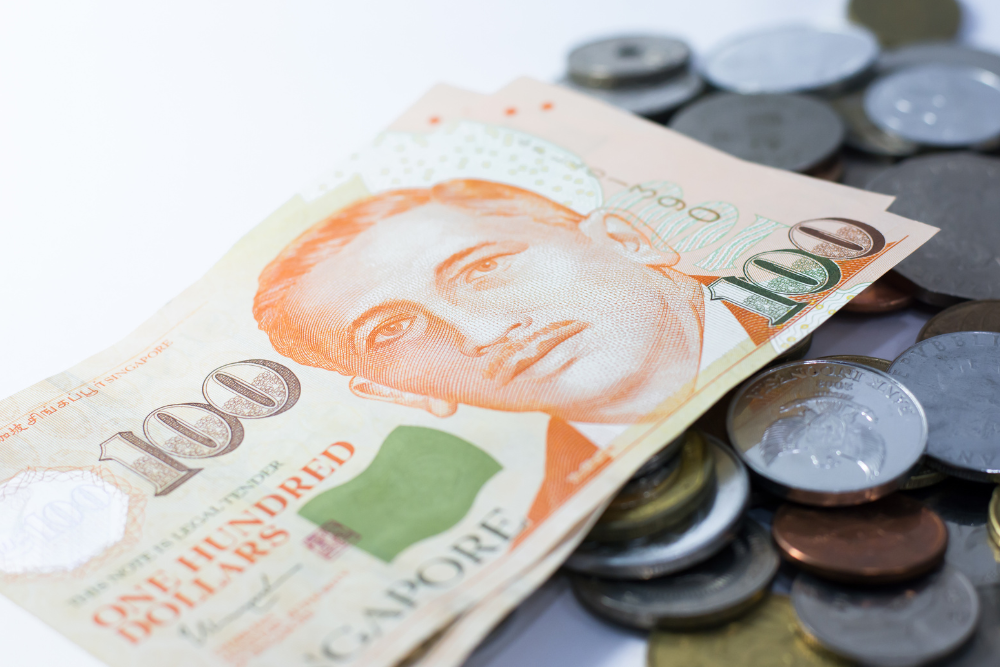When traveling to Singapore, understanding its currency and tipping culture is key to having a smooth and enjoyable experience. While Singapore is known for its modern infrastructure and cosmopolitan lifestyle, its approach to currency and gratuities is straightforward. Here’s everything you need to know:
1. Singapore’s Currency: The Singapore Dollar (SGD)
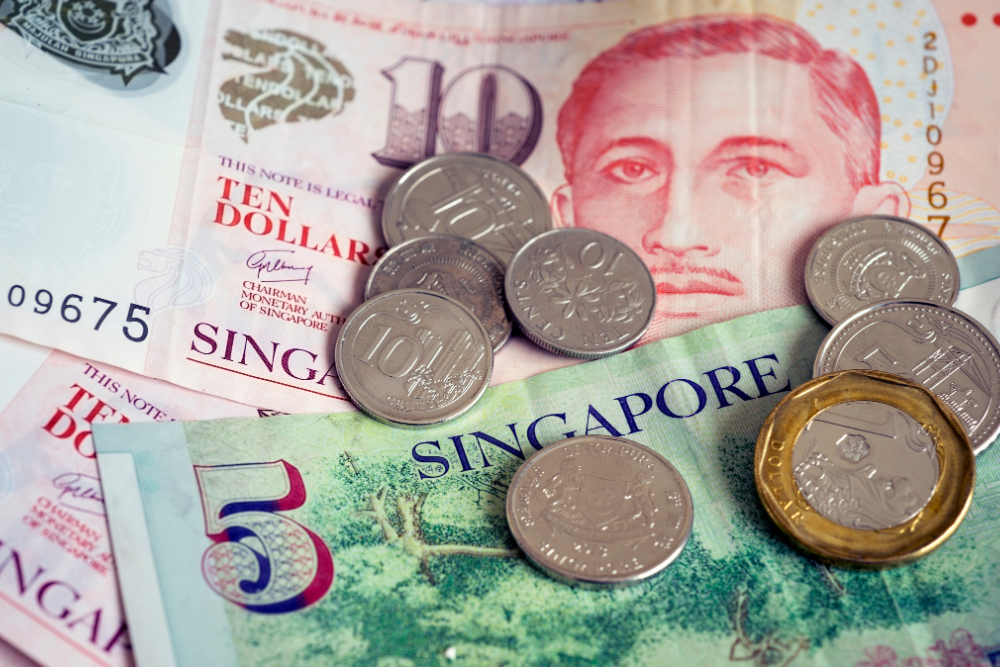
The official currency of Singapore is the Singapore Dollar (SGD), which is abbreviated as S$ or SGD. It is subdivided into 100 cents. You’ll find the Singapore Dollar in both coins and banknotes, with the following denominations:
- Coins: 1 cent, 5 cents, 10 cents, 20 cents, 50 cents, and $1.
- Banknotes: $2, $5, $10, $50, $100, $1,000, and $10,000.
Banknotes in Singapore are colorful, and each denomination features iconic images that reflect the nation’s culture, history, and progress.
2. Currency Exchange
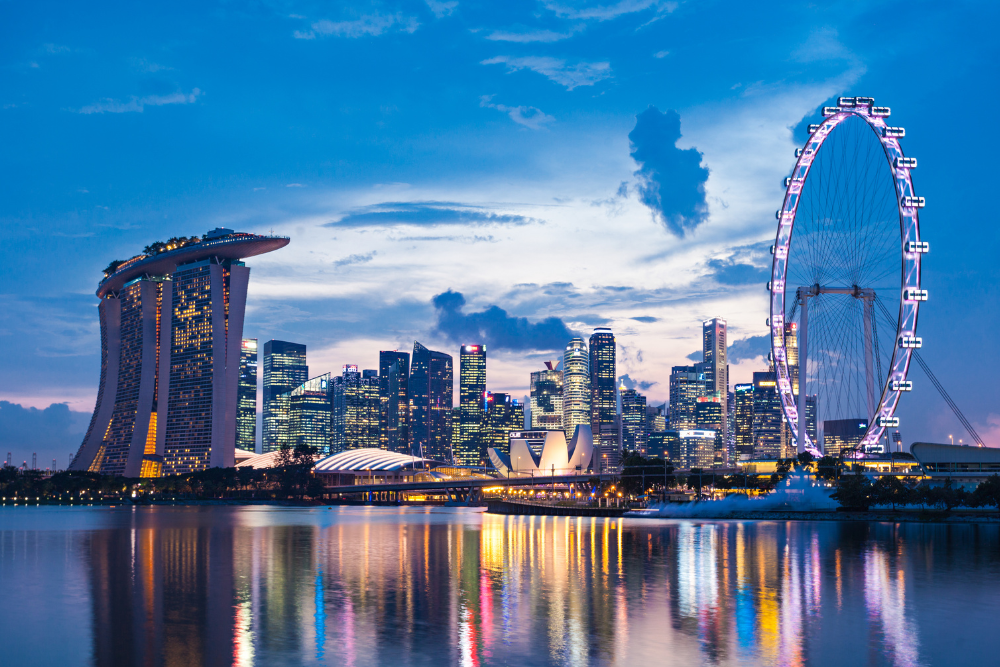
You can exchange foreign currency at various places in Singapore, including:
- Banks: Major banks such as DBS, OCBC, and UOB offer currency exchange services. They usually provide competitive rates, but some banks may charge a small fee for the transaction.
- Money Changers: There are many licensed money changers in shopping malls, particularly along Orchard Road, and in Chinatown. Compare rates before exchanging, as they can vary.
- ATMs: ATMs throughout Singapore allow you to withdraw Singapore Dollars using your international debit or credit card. However, be aware of possible foreign transaction fees.
Note: Credit cards are widely accepted in Singapore, and you may not need to carry large amounts of cash for most transactions, especially in tourist areas, malls, and restaurants.
3. Tipping Culture in Singapore
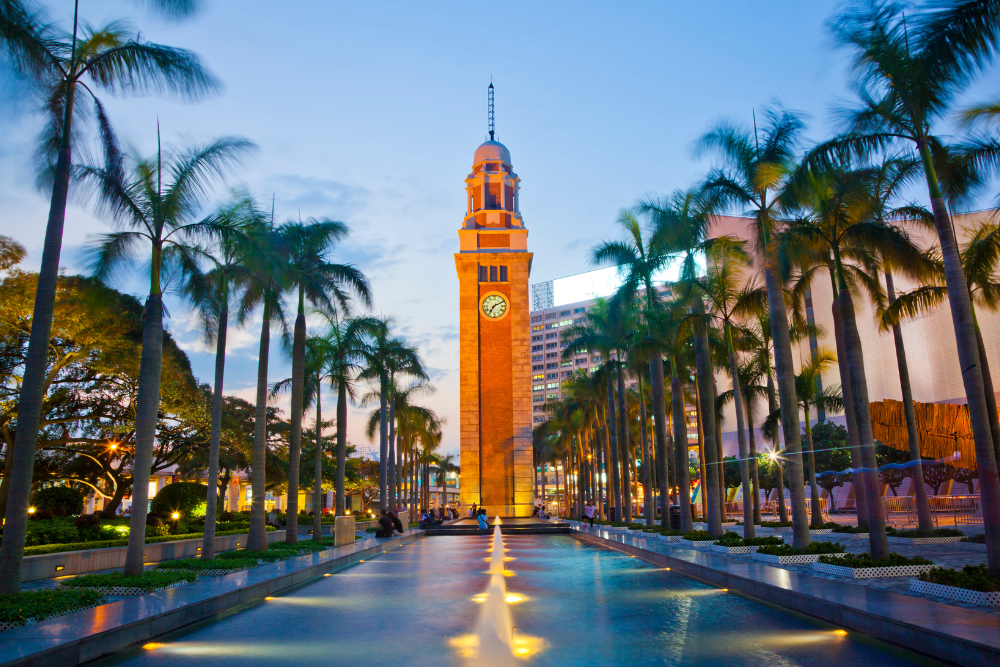
Unlike many other countries, tipping in Singapore is not a common practice. Singaporeans typically do not expect or rely on tips, as service charges and taxes are already included in most bills. However, there are certain situations where tipping is appreciated but not obligatory.
a. Service Charge and GST (Goods and Services Tax)
- Service Charge: Most restaurants, cafes, and hotels will include a 10% service charge in your bill. This is not a tip but rather a mandatory charge for the staff. It is generally noted on the bill, so there’s no need to leave an additional tip unless you wish to.
- GST (Goods and Services Tax): In addition to the service charge, a 7% GST (Sales Tax) is typically added to the total bill in many establishments. This is a standard tax and is not meant as a gratuity for the staff.
b. When is Tipping Appreciated?
Although tipping is not expected in Singapore, it is always appreciated in certain circumstances, particularly in high-end restaurants or for exceptional service. Here are some examples of when you might consider tipping:
- Restaurants: If the service charge is not included or if you feel the service has gone above and beyond, it’s appropriate to leave a small tip of around S$1 to S$5 for casual dining. For high-end restaurants or if the service was exceptional, you could leave around 5-10% of the total bill.
- Taxis: Tipping taxi drivers is not necessary, but rounding up the fare to the nearest dollar or leaving small change is a common gesture of appreciation.
- Hotels: If you receive exceptional service from hotel staff, you may consider leaving a small tip of S$1 to S$5 for bellhops, housekeeping, or concierge staff. However, it’s not mandatory.
- Tour Guides: If you’re on a guided tour and the guide provides excellent service, a tip of S$5 to S$10 per person is appreciated.
c. Tipping Etiquette
- Discreet and Modest: Tipping in Singapore is generally discreet, and it’s best to hand over tips in a modest manner without drawing attention. Simply leave the tip on the table, or pass it to the person directly with a “thank you.”
- Cash Tips: Tips are typically given in cash, as it can be more personal than adding a tip via credit card (although you can ask the establishment if tipping is possible through card payments).
- No Pressure: There’s no expectation of tipping in Singapore, so don’t feel pressured to leave a gratuity if the service didn’t meet your expectations. If you don’t feel comfortable with tipping, it’s perfectly acceptable not to leave anything.
4. Digital Payments and Cashless Transactions
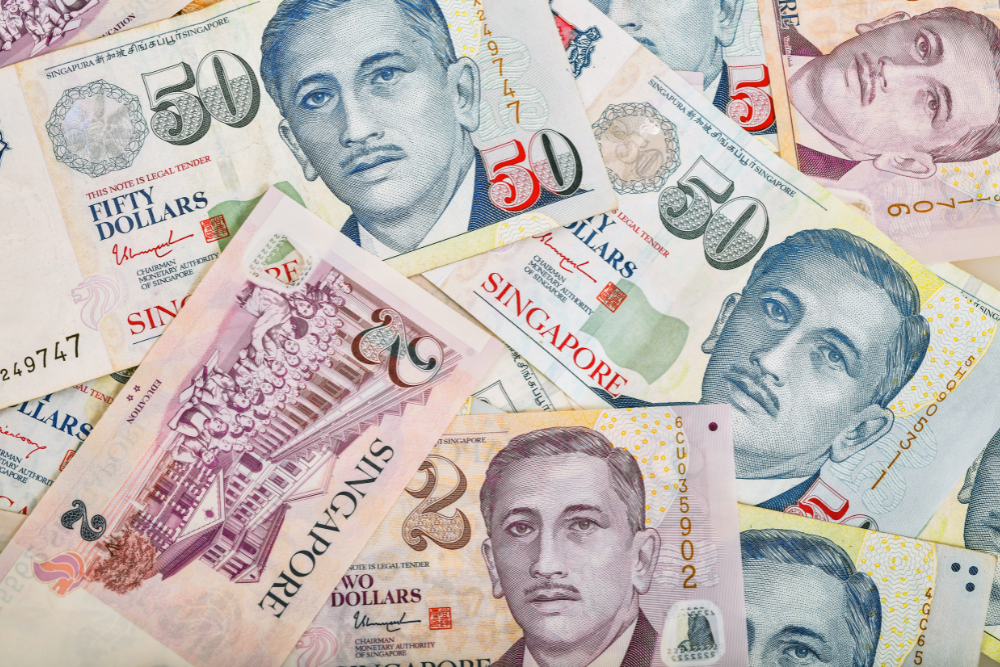
Singapore is a highly digital and cashless society. Many establishments prefer and encourage contactless payments and QR code transactions, and you can easily use digital wallets or mobile payment platforms. Here are some popular methods:
- GrabPay: Grab is a popular ride-hailing and food delivery app in Singapore, and it offers a convenient digital wallet for payments.
- PayNow: A local peer-to-peer payment system in Singapore that allows you to send money to others using just their mobile number or NRIC (National Registration Identity Card).
- Credit and Debit Cards: Visa, MasterCard, and American Express cards are widely accepted. Many restaurants, taxis, and shops also accept Apple Pay, Google Pay, or Samsung Pay.
- Alipay and WeChat Pay: If you are visiting from China, Alipay and WeChat Pay are widely accepted at various retail outlets and dining establishments in Singapore.
5. Tipping in Other Service Sectors
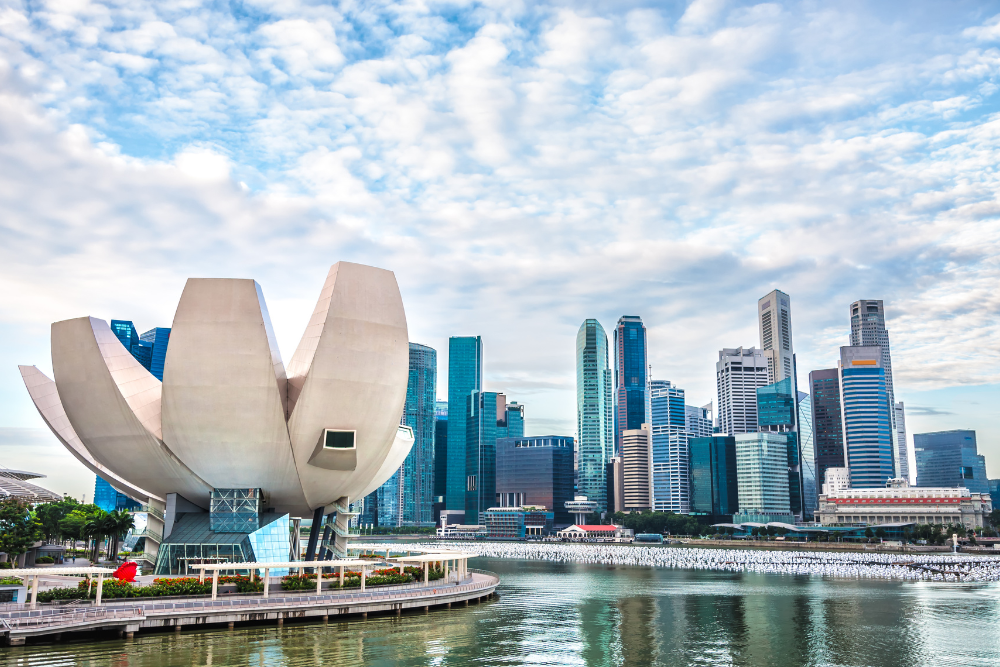
While tipping is not a common practice in most situations, there are certain places where small gratuities are sometimes given:
- Beauty and Spa: If you receive a beauty or spa treatment and the service is exceptional, a tip of S$5 to S$10 is appreciated, though not required.
- Food Delivery: If you have food delivered to your hotel or home, rounding up the bill or leaving a small tip of S$1 to S$2 can be a nice gesture.
- Hairdressers: In salons or barbershops, leaving a tip of S$2 to S$5 is appreciated if you’re satisfied with the service.
Conclusion
Understanding Singapore’s currency and tipping culture will help you navigate daily expenses and show appreciation when service warrants it. While tipping is not a widespread practice in Singapore, offering a small gratuity for excellent service is always appreciated, especially in more upscale or personalized services. With its seamless integration of digital payments and simple tipping etiquette, Singapore offers a hassle-free environment for travelers to enjoy its attractions without worrying too much about gratuities.



